Hairdressers as First Responders to Skin Cancer
While Helms Hope is going to be working hard to get people to the dermatologist once a year, we also know that asking people to change their habits and behavior is difficult to do. That is why we want to integrate skin screenings into the daily lives of Americans. When thinking of how to do this, we thought of Shawn Jr.’s melanoma, that started on his scalp - under his thick, black, curly hair. It lead us to the question, what if a barber would have prompted him to go to the dermatologist?
Hairdressers see every inch of their client’s scalp and neck, they are also easily accessible, approachable, and a part of people’s normal routine. They typically have regular contact with clients’ skin which is helpful in identifying unusual changes. Hairdressers are located in all communities and meet with diverse groups of people. They have also proven to effectively provide health education to their clients.
All of this leads us to our current project of Hairdressers as “first responders” to Skin Cancer. We are creating an online tutorial to train these professionals on (1) what to look for and (2) what to say, to encourage their clients to go see a medical professional if they see anything abnormal. By training and empowering hairdressers at large retail chains and salons, millions of Americans can receive casual screenings that may save their lives.
“An important issue that has not been sincerely considered [yet] in the field of dermatology, is the vital role of hairdressers – a group that makes daily observations of the general populations’ scalp and neck – in the detection of head and neck melanomas.”
Why “First Responders”
First Responder
: a person who is trained and responsible for going immediately to the scene of an emergency to provide assistance.
We’re using this term because as professionals in the beauty and wellness industry complete our training, they will be on the front lines of looking for and taking action against skin cancer. They will not be diagnosing anyone. They are not doctors nor will they be giving any medical advice. Their role will be prompting their clients to seek medical care if they see something unusual.
Head Start
Thankfully, a lot of the hard work has already been done. More specifically, the research has already been done. We know this works, that it is possible, and that we’re ready to make this a national movement.
Here’s the proof:
Utilizing hairdressers for early detection of head and neck melanoma: An untapped resource
Examining the scalp for melanoma? Try a blow dryer
Assessing hairdressers' knowledge of scalp and neck melanoma and their willingness to detect lesions and make referrals to dermatologists
Skin cancer surveillance practices and attitudes among hairdressers: a cross-sectional study in Atlanta, Georgia
The style project: feasibility of collaborating with salons for prevention and early detection of skin cancer.
Have Questions or Want to Know More?



